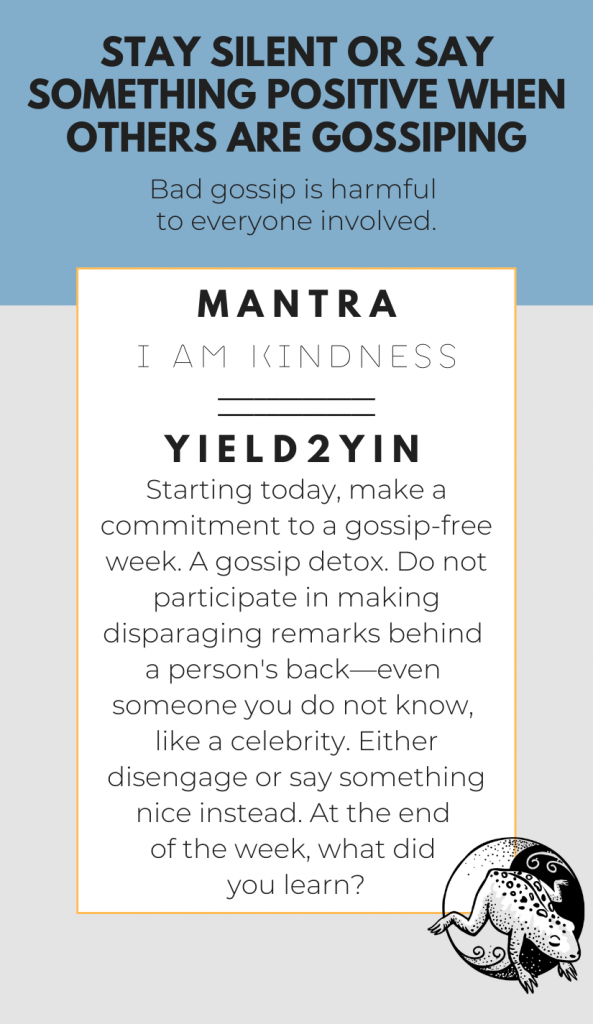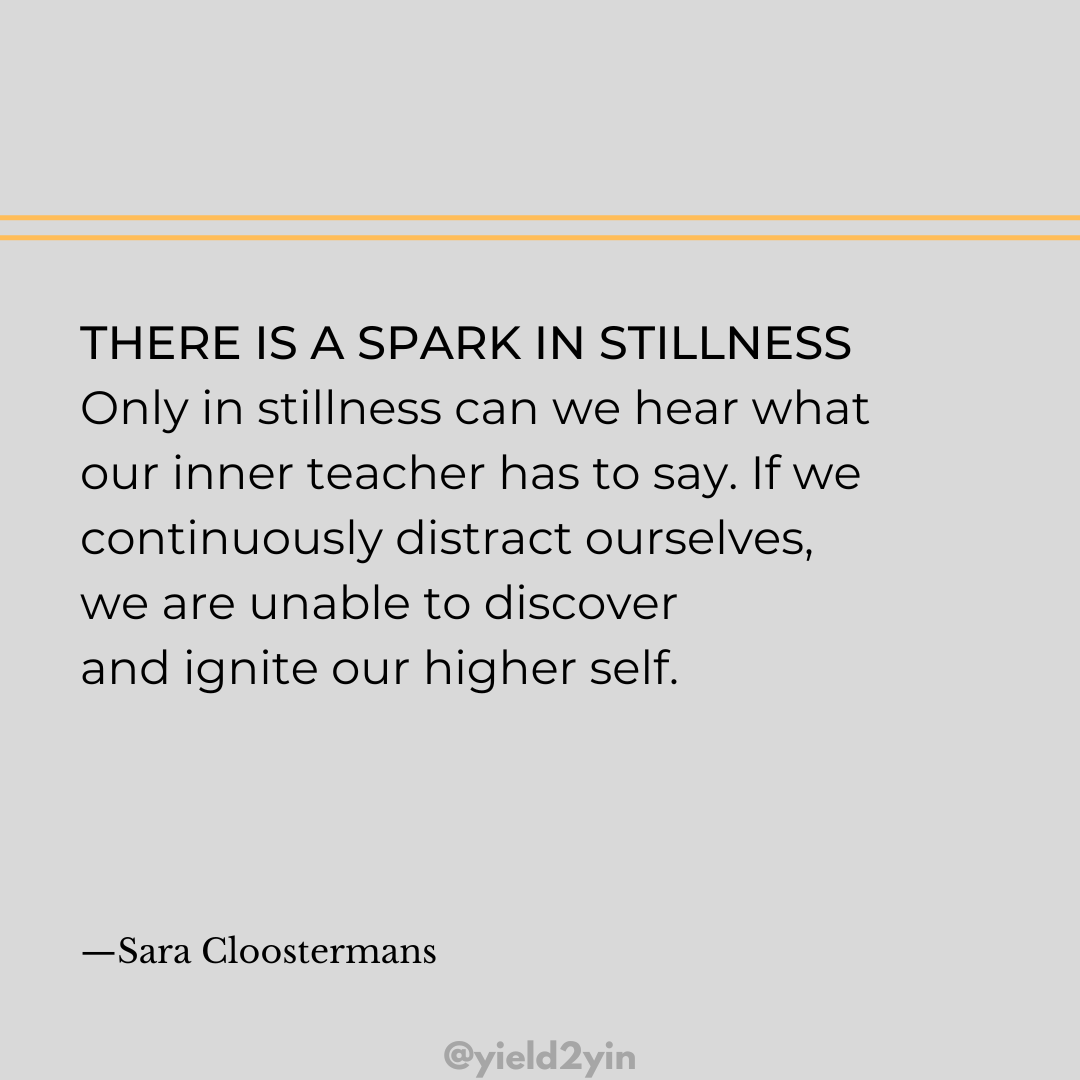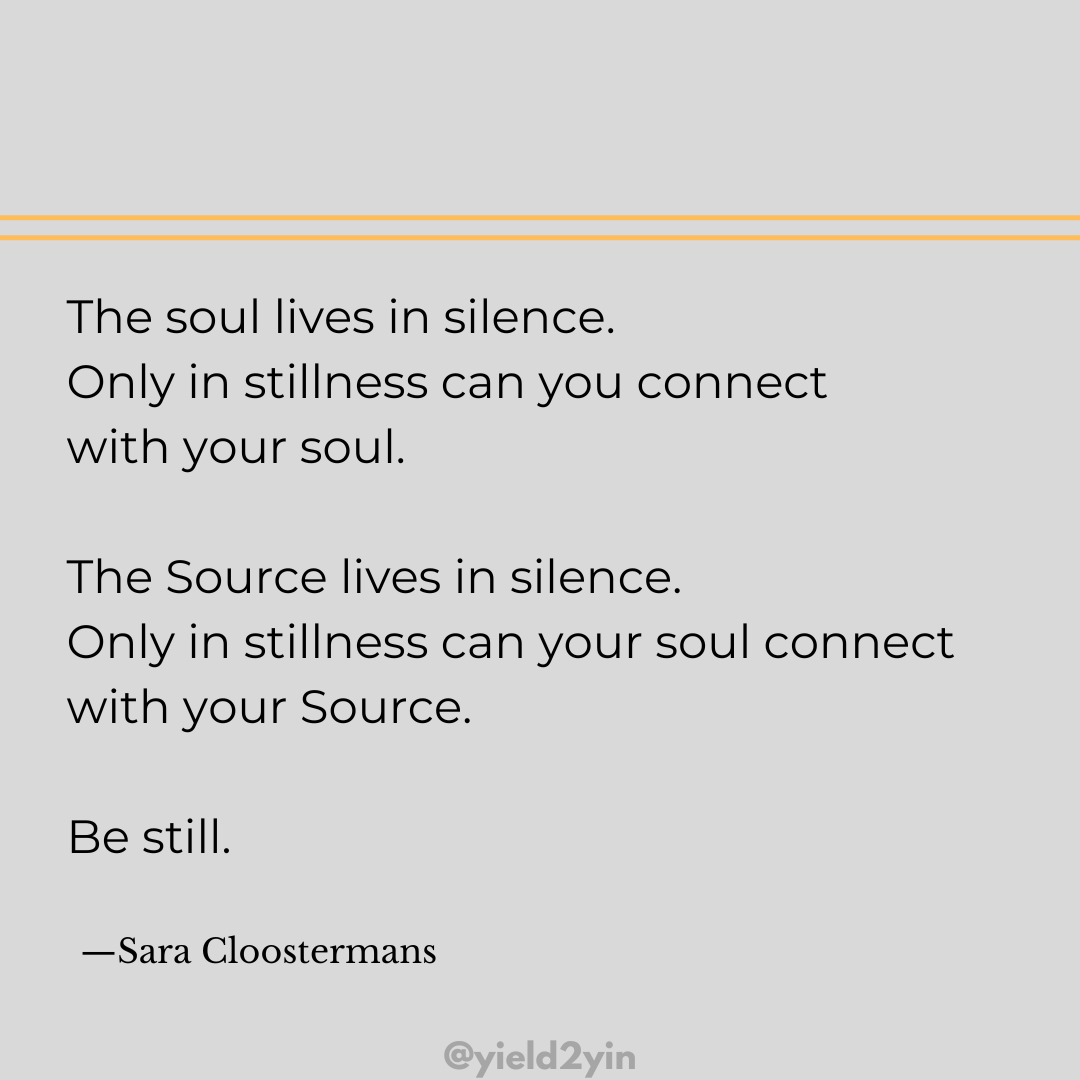Co-worker gossip, family gossip, friend group gossip, school pick-up gossip, celebrity gossip, church gossip, neighborhood gossip—there’s a whole platter of “you’ll never believe what they did” to choose from.
At some point, we all have ingested, participated in, or even instigated gossip—some of us more than others, but no one is guilt-free.
We do it even though we know we shouldn’t do it, right?
After all, gossip is all about taking someone down who cannot defend themselves. It’s one-sided. This means it’s easy, and in the moment, can feel harmless. Yet, at worst, gossip can ruin somebody’s life. Even at its best, nothing good ever comes of it. The passive communication method means there is no growth, no real solution. The same story is just repeated while nothing changes.
Why then do we do it?
Social scientist and researcher Brené Brown suggests we gossip in order to “hotwire connection.” It’s a quick and easy way to feel like we have made an instant bond with a person or group we want to connect with. It almost feels like we are being vulnerable, but actually, we are exploiting others by using their vulnerabilities, so we can feel better than them and better about ourselves.
How do we quit?
We need to recognize just how much gossip hurts everyone involved. It doesn’t benefit the gossiper, the gossip-receiver, and certainly not the gossip-target.
The Gossiper Does Not Benefit From Gossip
The release of juicy information feels good for a moment, but never in the long run. Here’s what’s really happening when you gossip:
1. Nobody likes a gossip
Sure, it seems like they love you while they’re eating up the gossip you are serving. But, that’s a fickle, hesitant love. The truth is no gossiper seems like a good person to the one listening to the gossip. They seem untrustworthy.
At some point, everybody who listens to your gossip will think: “If you’re not going to hold their private stories safe for them, why would I ever believe you will hold my private stories safe for me?”
2. You’re avoiding the real problem
The gossiper is often sharing the information about somebody else because they do not want to focus on themselves. Typically, the topic is something that triggers the gossiper.
Maybe you received a poor performance review at your last meeting because a big project failed to land. You are embarrassed and you feel like a failure.
So when you learn a friend was recently fired, you share that tidbit with another friend. Suddenly you don’t feel as bad about the ways you’re struggling in your own career—after all, you didn’t get fired. You just had one little bad performance review.
This solves nothing in your own life, but it can wreak havoc on others’ lives and make you look bad at the same time.
The Gossip-Receiver Does Not Benefit From Gossip
Just like the release of juicy information can feel good for a few minutes, the receiving of that information can feel pretty great too. It offers you a hook to hold onto so you can feel connected to the gossiper, “in-the-know,” and maybe even superior in your own life.
But none of these things are true or life-giving. You aren’t connecting, not really. You aren’t in the know; you likely have faulty information. And feeling superior always ends up leaving you feeling inferior. On top of all that, receiving gossip can also place a huge burden of anxiety on your shoulders. You are holding information you weren’t supposed to carry or concern yourself with.
Just because the words aren’t coming from your mouth does not mean you don’t have the power and responsibility to squash the gossip.
How To Respond To Gossip
There are four main ways you can respond to gossip. Let’s look at a scenario:
You and your co-workers are grabbing lunch across the street from your office when one coworker suggests they think your boss John has been having an affair with someone in the next office over. You can:
- Join In: “You know what? I did see John sneak away the other day. He was acting nervous too.”
- Say Something Nice: “John is so sweet to his kids. He’s such a great dad.”
- Set a Boundary and Redirect: “We shouldn’t talk about John in this way. We don’t know all the facts. What did you all do this weekend?”
- Stay Quiet: If you’re not in a position to set a boundary or say something nice, just stay silent.
Options 2-4 are responsible ways to respond to gossip. Instead of feeling good in the moment and then bad later on, you may feel awkward or disconnected in the moment, but so much better later on.
The Gossip-Target Does Not Benefit From Gossip
This one is pretty obvious. The target of the gossip is having lies or half-truths spread about them … and even if the gossip is true—would you want your worst truths shared for all to hear?
Their reputation is being tarnished. Their private lives are being aired without permission.
There’s only harm.
But there is one important distinction to make.
Toxic Gossip vs. Safety Information
There is a difference between gossiping and compassionately, thoughtfully, and carefully sharing information in order to protect another person’s safety. How can you tell the difference?
- You’ll know the information is true: Either the source is utterly trustworthy (which probably means they never gossip to you in other scenarios) or there is hard proof.
- You know the information affects safety: This can include mental and emotional safety too. If the information is something mean or dangerous about the gossip-target, something bad they are capable of (because the source knows for a fact they have done this harmful behavior in the past,) you, the gossip-receiver, are benefiting because your safety, and possibly other people’s safety, is being protected.
Here is an example of gossip vs. sharing safety information.
Gossip: Your family members get together to speculate about why your sister ended her marriage. Someone suggests her ex-husband was cheating. Someone else drops some information that she always saw him adding an extra shot to his drink, maybe he was an alcoholic. The stories grow.
Safety information: Your cousin, someone who has always been truthful with you, confides in you that your sister’s new romantic partner can turn violent after drinking too much. Your cousin offers specifics about how they know this. The reason they are coming to you is clearly to create a plan to help your sister, not just to talk badly. You go straight to your sister and discreetly share what you found out about her new love interest, without pulling anyone else in the family into the conversation.
Take A Gossip Detox
So, starting today, commit to a gossip-free week. The rules are simple. Don’t participate in making disparaging remarks behind a person’s back—even about someone you don’t know, like a celebrity. Either disengage or say something nice instead.
At the end of the week, what did you learn? How many times did you encounter gossip that week? More or less than you thought? Was someone in particular frequently instigating the gossip? Take this awareness with you moving forward.

coming soon
Yield2Yin
- Book Recommendation: No More Team Drama: Ending the Gossip, Cliques & Other Crap That Damage Workplace Teams by Joe Mull
- Mantra: I AM KINDNESS // repeat with diaphragmatic breathing
- Yin Yoga Asana: Fish Pose
This page includes Amazon Associate affiliate links. This means I may earn a small commission at no cost to you if you purchase a product I suggest, and for that reason, I only recommend products I believe in. Learn more HERE.







